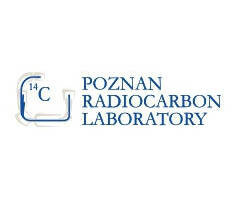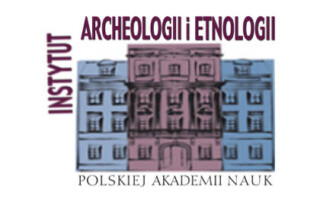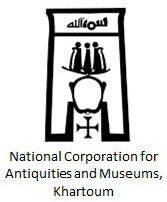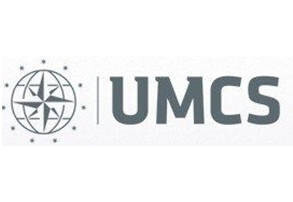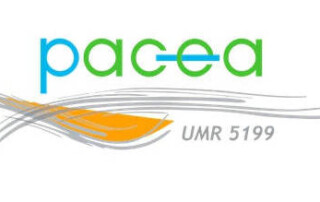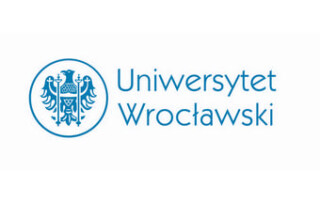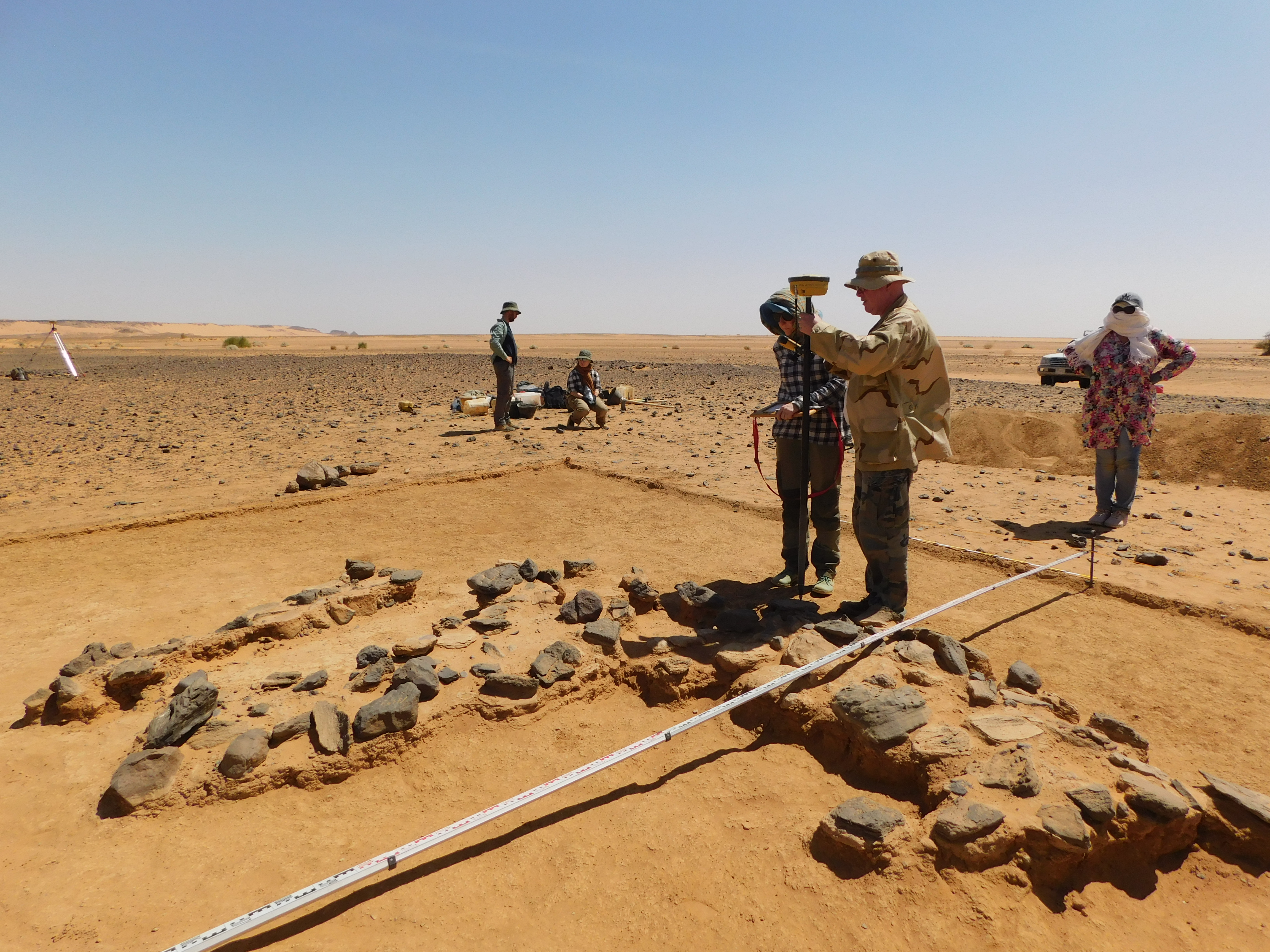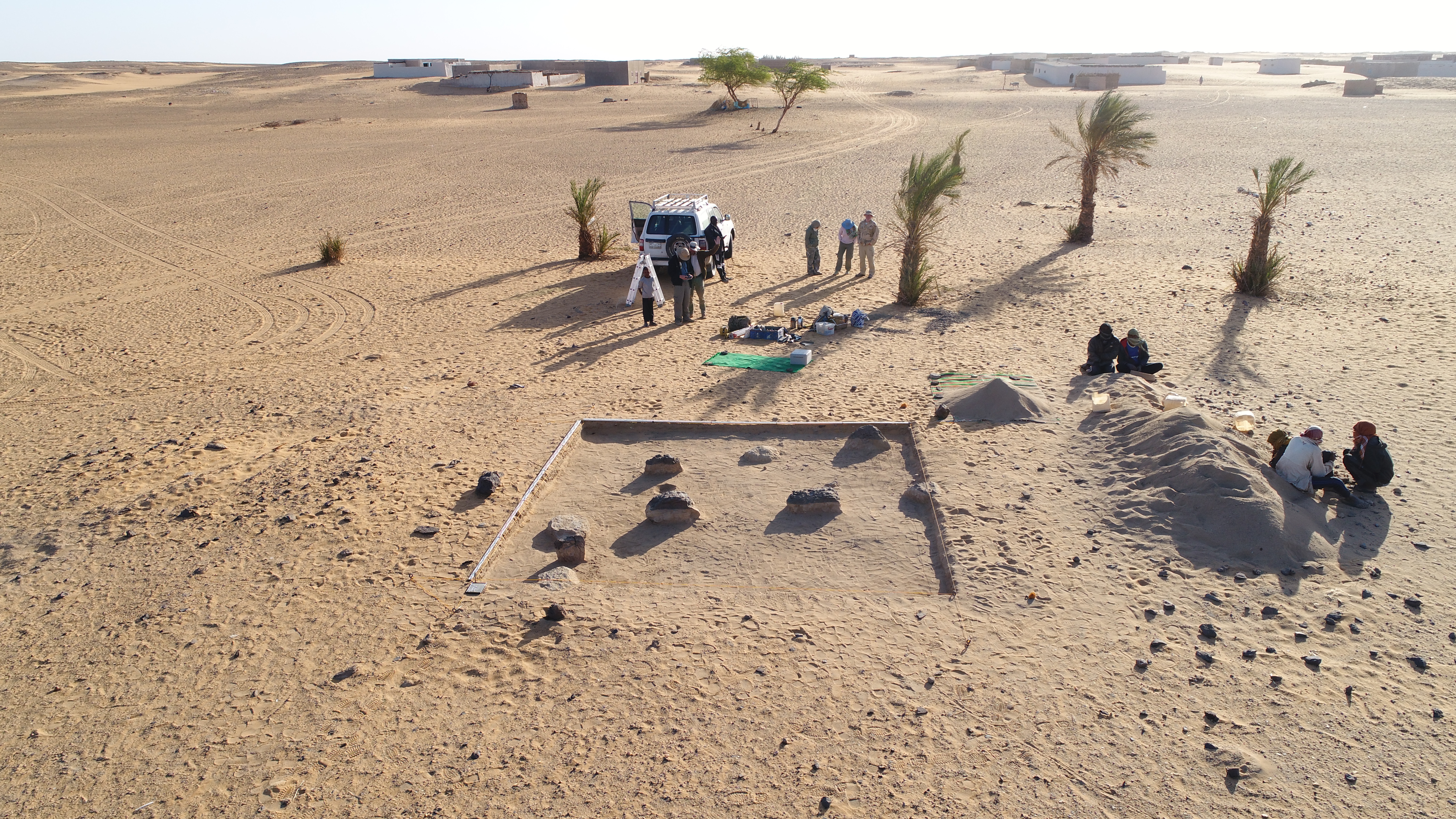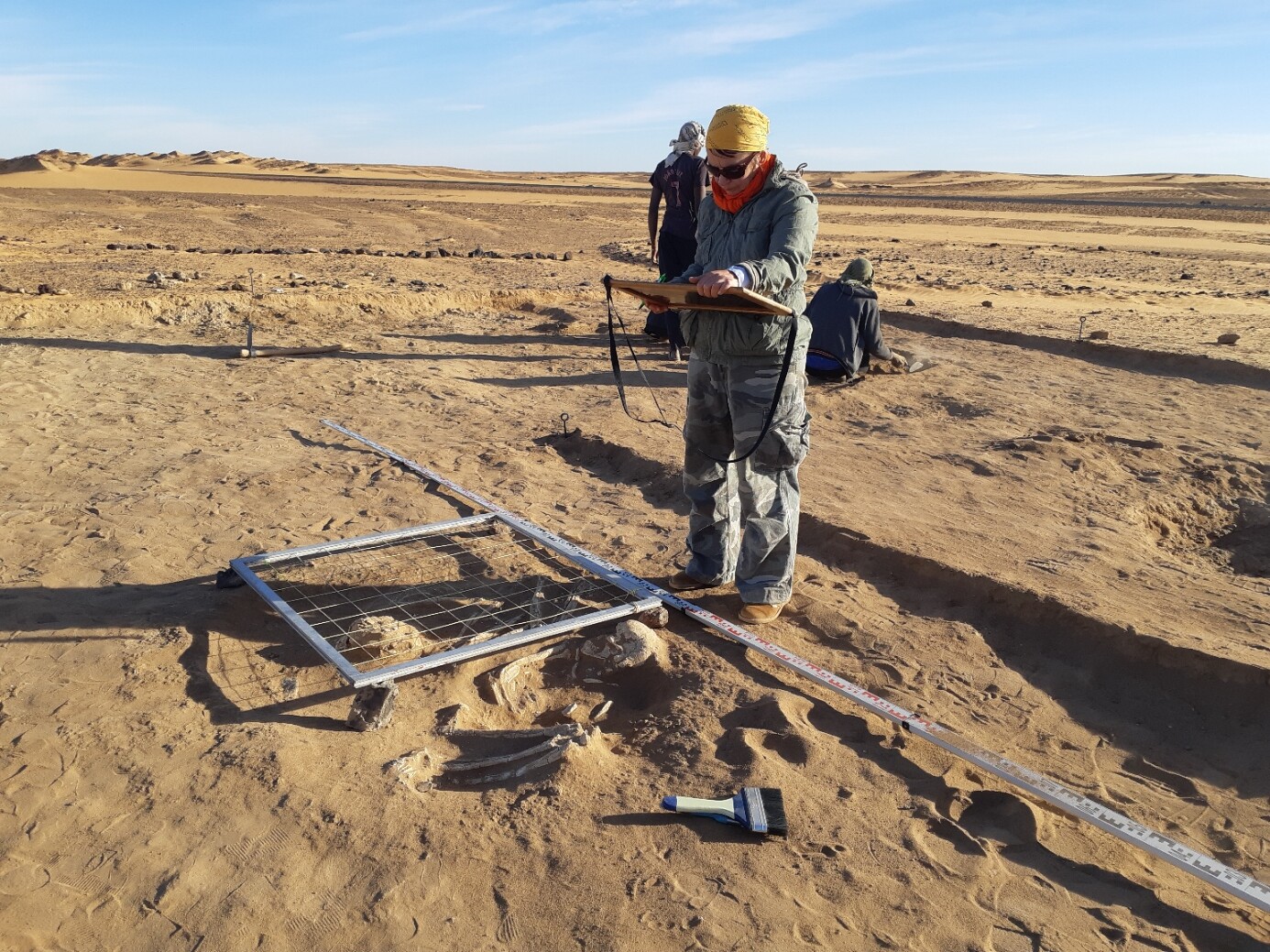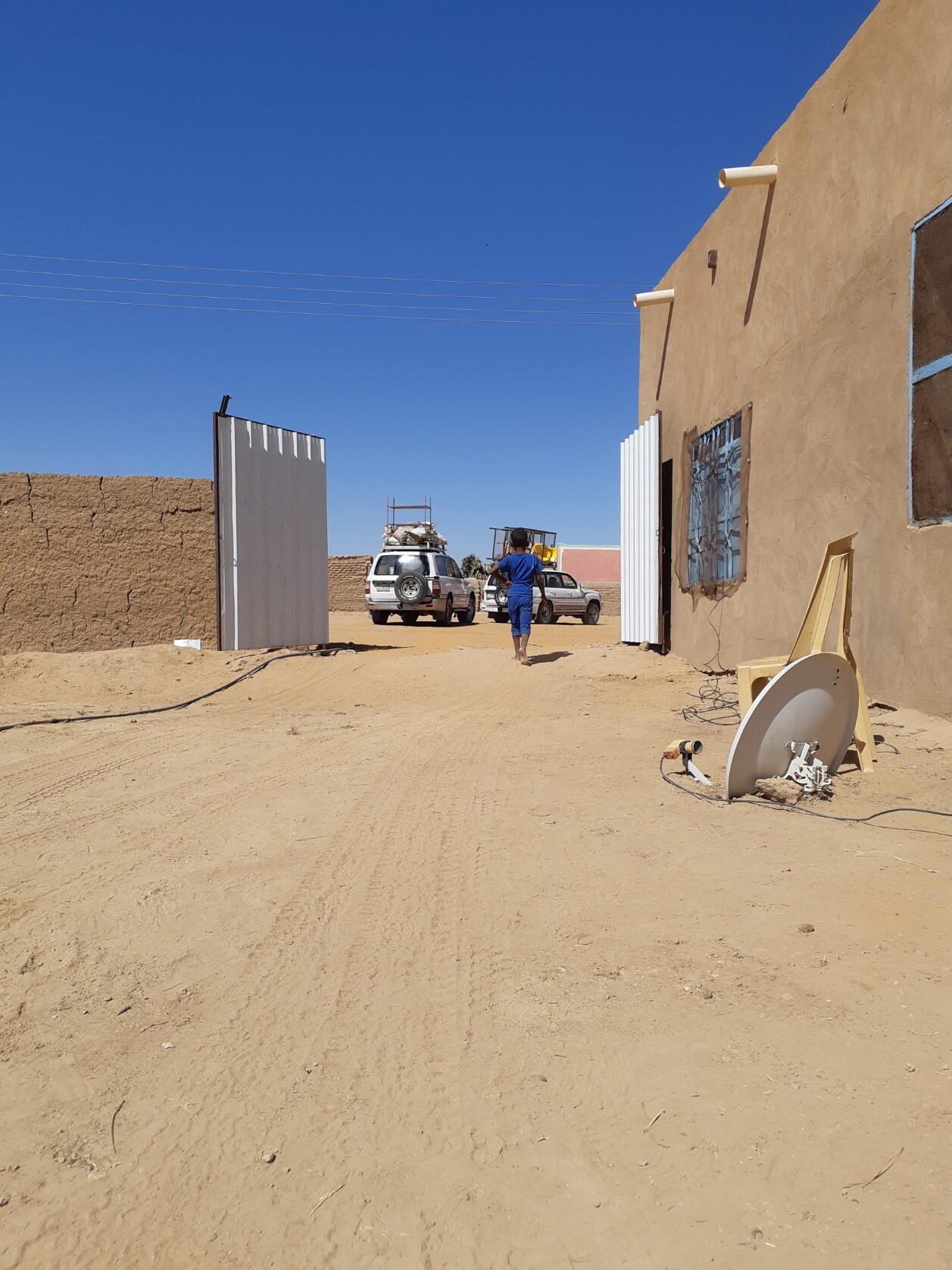We explore the prehistory of Dongola Reach – a key area in the Middle Nile Valley – an eternal corridor of migrations and exchange of ideas. We explore the oldest camps of hunters/gatherers, settlements and cemeteries of the first cattle keepers and proto-cities of native African civilizations. We are an international team of professionals. We open development paths for new generations of scientists. The synergy of humanities and natural sciences is part of our everyday activities. We operate from the “Banganarti” Archaeological Station adjacent to the medieval body and soul healing center. We act locally, thinking globally.
TECHNOLOGY
ANIMALS
SETTLEMENT
LANDSCAPE
CLIMATE
CULTURE
News
LAST TWO SEASONS in Sudan
With great fear but also hope that "somehow it must work out" we watched the end of the archeology of Iraq or Syria. Military coups did not spare Sudan either, but it always "worked out" [...]
2020 – COVID pandemic and plans for further research into the prehistory of Nubia
Once again, we had to postpone the plans for the last season of fieldwork in Sudan. For obvious reasons, we must also prepare for the fact that in the future excavations will require us to [...]
About our research
13th International Conference for Nubian Studies, Neuchatel 02-05.09.2014 – presentation of our project results as well as few pictures from our visit in South Africa (14th Pan-African Association Congress, Johannesburg 14-19.07.2014). Enjoy also the Antiquity [...]


